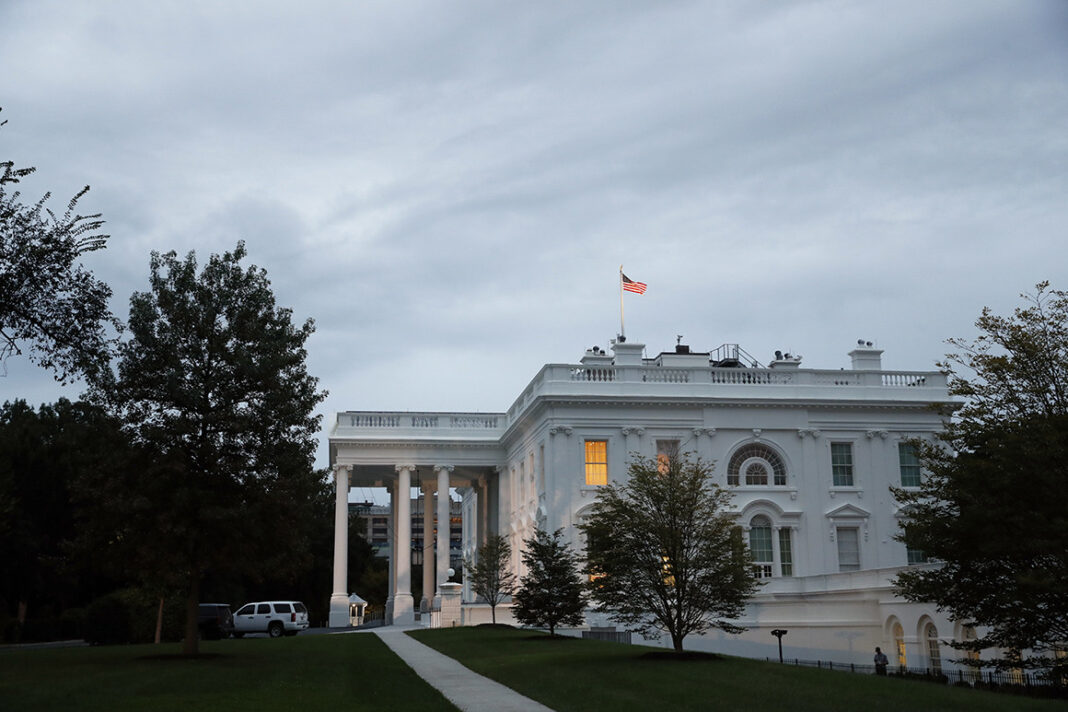“The utmost must be done so that the negotiations ensure the restoration of what’s known as the ‘factory settings’ of the JCPOA. <…> Political will is now required,” Russian Deputy Foreign Minister Sergey Ryabkov stated on Thursday.
“From the US side, it is important to prove and demonstrate in practice that the sanctions policy which has been carried out over the recent years is being reviewed and the Iranian side is given the opportunity to reap those economic advantages that are included in the package of agreements that lies at the heart of the JCPOA,” the diplomat added.
According to Ryabkov, in the interests of reviving the JCPOA, Iran should implement a number of activities which allows other countries to record the absence of any deviations from the nuclear deal’s parameters.
“The Iranian side must carry out a series of measures to make it clear to all the other parties to the agreements, and, of course, to the IAEA that there aren’t any deviations from the parameters of the JCPOA in the nuclear field,” he noted.
The Russian deputy foreign minister stressed that sides should return to the implementation of the agreements on the Iranian nuclear deal in its original form. In order to accomplish this, it is important to continue negotiations “on the basis of the progress achieved by June 20” in Vienna, when the parties suspended consultations.
“There is a solid base there, and there are reasonable solutions to a number of essential aspects. But, of course, not everything was agreed on back then,” Ryabkov explained.
The JCPOA was signed between Iran, the five permanent members of the United Nations Security Council (Russia, the United Kingdom, China, the United States and France) and Germany in 2015. In 2018, then US President Donald Trump announced Washington’s withdrawal from the deal. Incumbent US President Joe Biden has repeatedly made it clear that Washington was ready to return to the JCPOA. Talks involving Iran and the P5+1 (Russia, the United Kingdom, Germany, China, France and the US) on restoring the nuclear deal in its original form have been underway in Vienna since April. So far, six rounds of consultations have taken place, the next round is set to begin on November 29.
